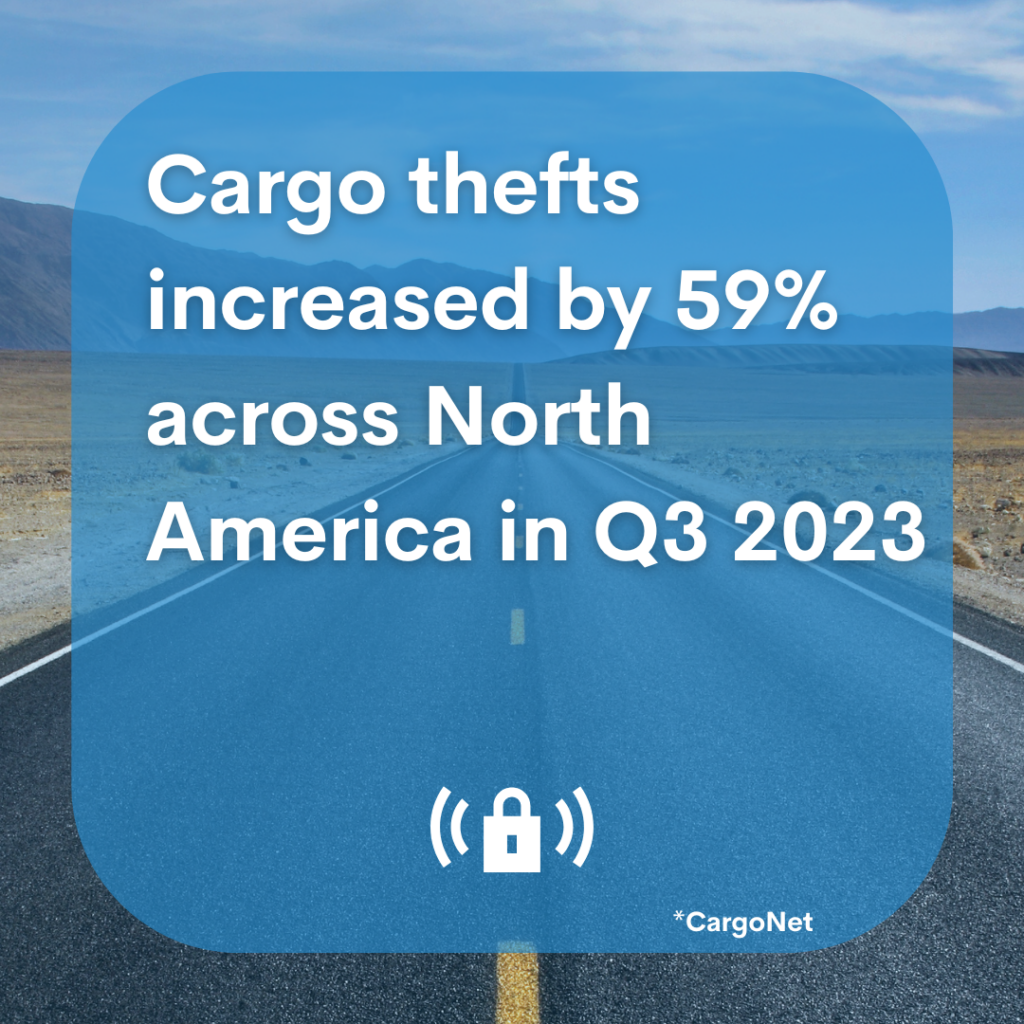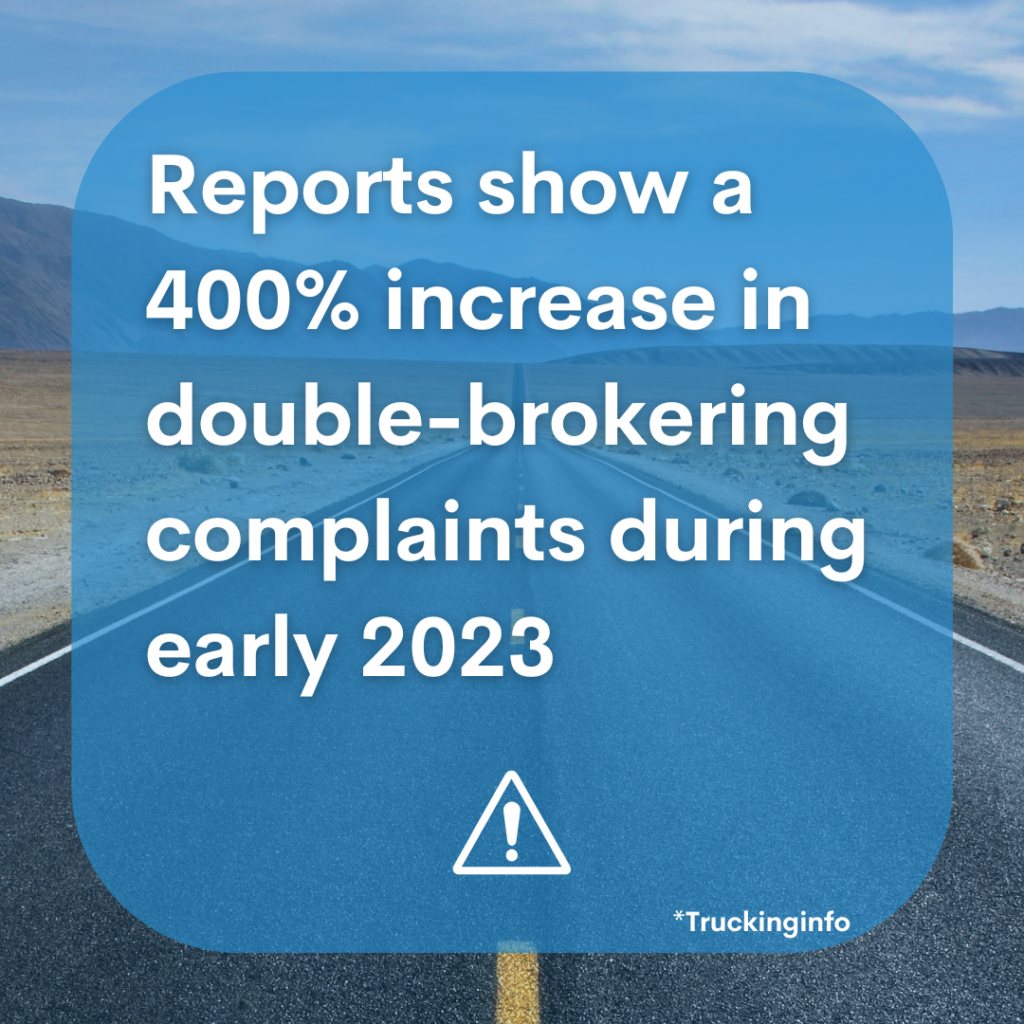Understanding the Differences Between Freight Forwarders and Freight Brokers
February 2, 2024BMC-84 or BMC-85 for Freight Brokers?
July 17, 2024Understanding and Preventing Cargo Theft: Insights and Solutions

Understanding and preventing cargo theft is essential for maintaining the integrity and efficiency of the supply chain. Cargo theft involves the stealing of goods during transit, leading to significant financial losses and operational disruptions. Recent trends show a surge in such thefts, driven by sophisticated criminal tactics and increased demand for goods. Implementing robust security measures, such as verifying carrier credentials and utilizing advanced tracking technologies, is crucial in combating these threats. By partnering with experts like PFA Protects, businesses can gain access to comprehensive solutions that safeguard their shipments and ensure smooth logistical operations.
What is Cargo Theft?
Cargo theft refers to the criminal act of stealing goods or merchandise while they are being transported. This theft can occur at various stages, including at pick up, during transit, at rest stops, or even from storage and warehouse facilities. Common methods include shipment misdirection, where thieves redirect goods to unauthorized locations, and strategic theft, involving insider information to exploit vulnerabilities. During Q1 pf 2-24. CargoNet documented 925 incidents of cargo theft, a 46% increase compared to the first quarter of 2023, resulting in estimated losses of $154.6 million during this period. The impact of cargo theft is significant, resulting in substantial financial losses for businesses and disruptions in the supply chain.
Recent Surge in Cargo Theft
The recent surge in cargo theft has been alarming, which further highlights the growing threat to supply chains. This surge can be attributed to increased demand for goods, strained logistics networks, and opportunistic criminals exploiting these vulnerabilities. Economic pressures during the pandemic have driven some individuals to engage in cargo theft as a means of illicit income. Moreover, the shift towards online shopping has resulted in higher volumes of goods in transit, creating more opportunities for theft. Criminals have become more sophisticated, employing advanced tactics such as shipment misdirection and strategic theft to evade detection. The rise in double brokering, where unauthorized brokers take control of shipments, has further compounded the issue. Consequently, businesses face significant financial losses and increased concerns about the security of their freight operations.
Double Brokering Booking

Double brokering is a fraudulent practice where a broker tenders a load to what they think is a motor carrier. This motor carrier then gives the load to another broker (usually a related entity) and that broker hires a trucking company who ultimately delivers the load. Neither the shipper nor the first broker has any knowledge of the re-brokering, leading to financial losses and tracking issues. This practice has surged, with complaints increasing by 400% in early 2023, partly due to economic pressures and sophisticated criminal tactics.. Thorough and extensive vetting is your best tool. Continuous education and awareness are essential for industry stakeholders to identify and combat this fraud effectively.
Digitization and Strategic Cargo Theft
Digitization in the freight industry enhances efficiency and security by providing real-time tracking, automated processes, and advanced data analytics. These technologies make it harder for criminals to execute strategic cargo theft, which involves meticulous planning and insider information. Despite these advancements, thieves continue to exploit vulnerabilities through sophisticated methods like shipment misdirection and hacking into transportation systems. By leveraging digital tools and robust security protocols, the industry can better safeguard against these well-coordinated thefts.
How to Protect Yourself
To protect against cargo theft, it’s crucial to implement strict motor carrier vetting processes including verifying motor carrier addressed and M C numbers against the FMCSA website and ensuring the person who contacted for you the load actually works with that motor carrier company, as well as communicating with shippers to ensure the correct truck and driver is loaded and that there are no last minute changes which could indicate potential fraud. Continuous education on the latest fraud tactics and maintaining vigilant security protocols are essential for safeguarding your shipments.
People Also Ask
How Does Digitization Help Prevent Strategic Cargo Theft?
Digitization improves security with real-time tracking and data analytics, making it harder for criminals to misdirect or steal shipments through strategic planning.
What Are the Best Practices for Preventing Cargo Theft in Logistics?
Best practices include carrier vetting, verifying credentials, using tracking technologies, communicating with shippers, and staying informed on fraud tactics.
Why Has There Been a Recent Surge in Cargo Theft Incidents?
A surge in cargo theft is due to increased demand for goods, online shopping, economic pressures, and more sophisticated criminal tactics like shipment misdirection.
Cargo Theft Prevention and Solutions
Addressing cargo theft requires a multifaceted approach involving verification, advanced technology, and continuous vigilance. By implementing these measures, businesses can significantly reduce the risk of theft and protect their valuable shipments. However, navigating these complexities can be challenging without expert guidance.
